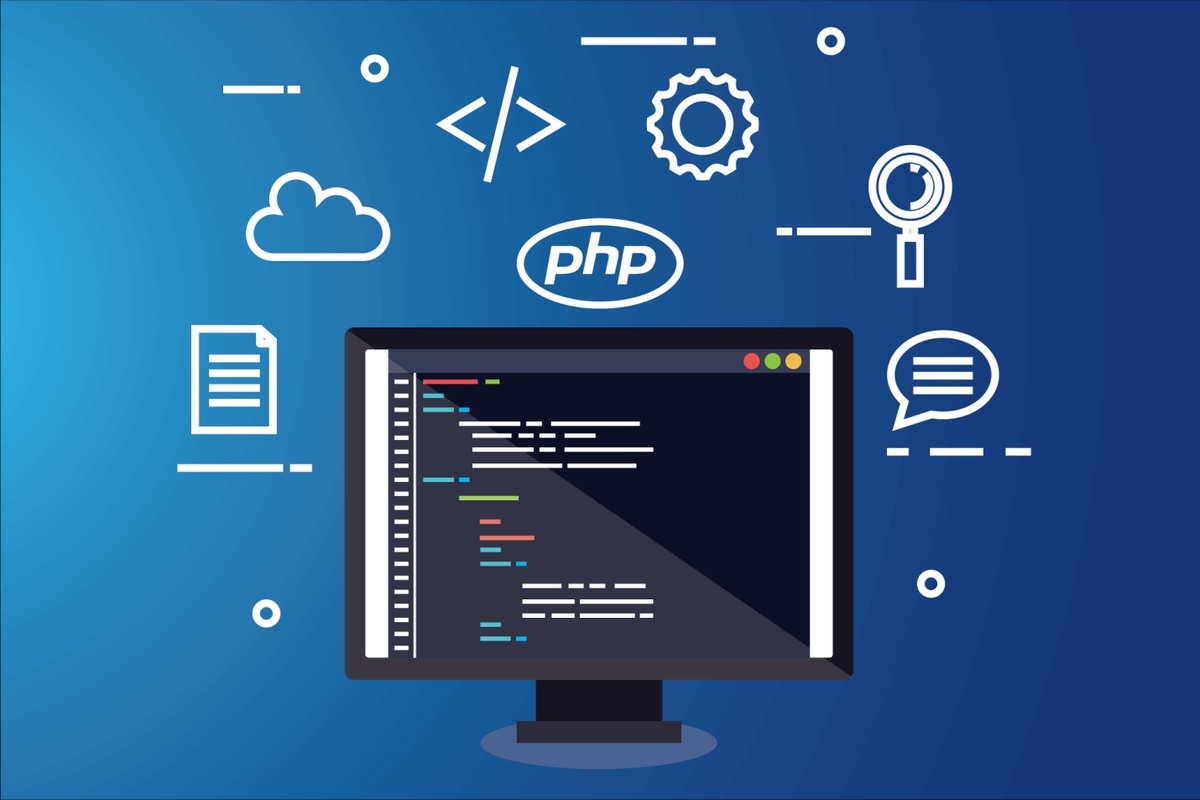Web filters are essential tools for schools to ensure student safety and optimize their learning experiences. It filters inappropriate content, web filters provide a wide range of benefits that promote online safety, productivity, and a focused educational environment.
Let’s highlight how web filters for schools safeguard students and enhance learning in schools.
Filtering Search Results:
Web filters block search results that contain inappropriate or irrelevant content, helping students find accurate and educational information quickly.
Restricting File Sharing and Downloading:
Web filters prevent students from accessing file-sharing websites or downloading unauthorized content, protecting against copyright infringement and the risk of downloading malware.
Monitoring Online Chats and Messaging:
A web filter for schools monitor students' online chats and messaging, identifying and preventing instances of cyberbullying, harassment, or inappropriate communication.
Blocking Proxy Servers:
Web filters block access to proxy servers, which students often use to bypass network restrictions, ensuring compliance with school policies and maintaining a secure environment.
Filtering Peer-to-Peer (P2P) Networks:
Web filters restrict access to P2P networks that may be used for illegal sharing or downloading of copyrighted material, preventing legal issues and potential security risks.
Managing Bandwidth Usage:
Web filters allow schools to manage and optimize bandwidth usage, ensuring smooth and uninterrupted internet access for educational activities.
Protecting Against Phishing Scams:
Web filters detect and block websites associated with phishing scams, protecting students from falling victim to fraudulent activities and safeguarding personal information.
Enforcing Safe Search:
Web filters enforce safe search settings on search engines, filtering out explicit or inappropriate content from search results, and promoting a safer online searching experience.
Filtering Email Communication:
Thanks to web filters for schools that scan and filter email communication, reducing the risk of students receiving spam emails, phishing attempts, or inappropriate content.
Restricting Access to Online Gaming:
Web filters limit access to online gaming websites during school hours, minimizing distractions and ensuring students stay focused on academic tasks.
Promoting Digital Literacy:
Web filters encourage students to develop digital literacy skills by navigating the internet responsibly, evaluating online information critically, and discerning reliable sources.
Preventing Access to Proxy Avoidance Tools:
Web filters block access to tools or websites used to circumvent network filters, ensuring students cannot bypass internet restrictions.
Filtering Social Media Content:
Web filters can filter social media content to block inappropriate or distracting material, allowing students to use social media platforms for educational purposes only.
Supporting Distance Learning:
Web filters provide secure and controlled internet access for students engaged in distance learning, safeguarding their online activities and minimizing potential risks.
Educating Students on Digital Citizenship:
Web filters contribute to digital citizenship education by promoting responsible online behavior, privacy protection, and ethical use of technology.
Preventing Cyberbullying:
Web filters identify and block websites or platforms associated with cyberbullying and online harassment, protecting students from emotional and psychological harm.
Blocking Malware and Phishing Attempts:
By detecting and preventing access to websites containing malicious software or phishing attempts, web filters minimize the risk of cyberattacks and protect sensitive information.
Restricting Social Media Distractions:
Web filters limit access to social media platforms during school hours, enabling students to remain focused on educational activities and fostering productivity.
Filtering Gaming Websites:
A web filter for schools restrict access to gaming websites, reducing distractions and ensuring students allocate their time and attention to academic tasks.
Monitoring Online Activities:
Web filters enable schools to monitor students' online activities, ensuring responsible internet usage and detecting any potential issues or risks.
Customizing Access Policies:
Web filters allow schools to customize internet access policies based on grade levels or educational needs, ensuring appropriate online resources are accessible while blocking non-educational content.
Promoting Digital Citizenship:
Web filters educate students about responsible online behavior, privacy, and critical thinking, fostering digital citizenship skills and promoting a safe online community.
Complying with Legal Requirements:
Web filters help schools meet legal obligations regarding online safety, ensuring compliance with regulations and minimizing the risk of legal issues.
Providing Parental Peace of Mind:
Web filters reassure parents that their children are protected from inappropriate content and online threats while using the internet at school, fostering parental trust and peace of mind.
Conclusion:
Web filters offer a comprehensive array of ways to safeguard students and enhance learning in schools. By filtering search results, monitoring online communication, blocking proxy servers, and promoting digital literacy.
These filters create a secure and productive online environment that supports students' educational journey while fostering responsible digital citizenship.


No comments yet